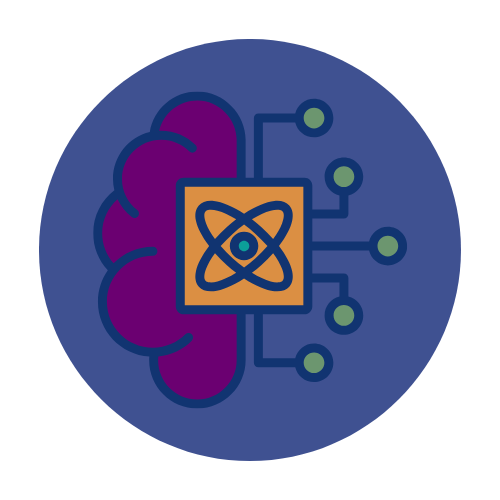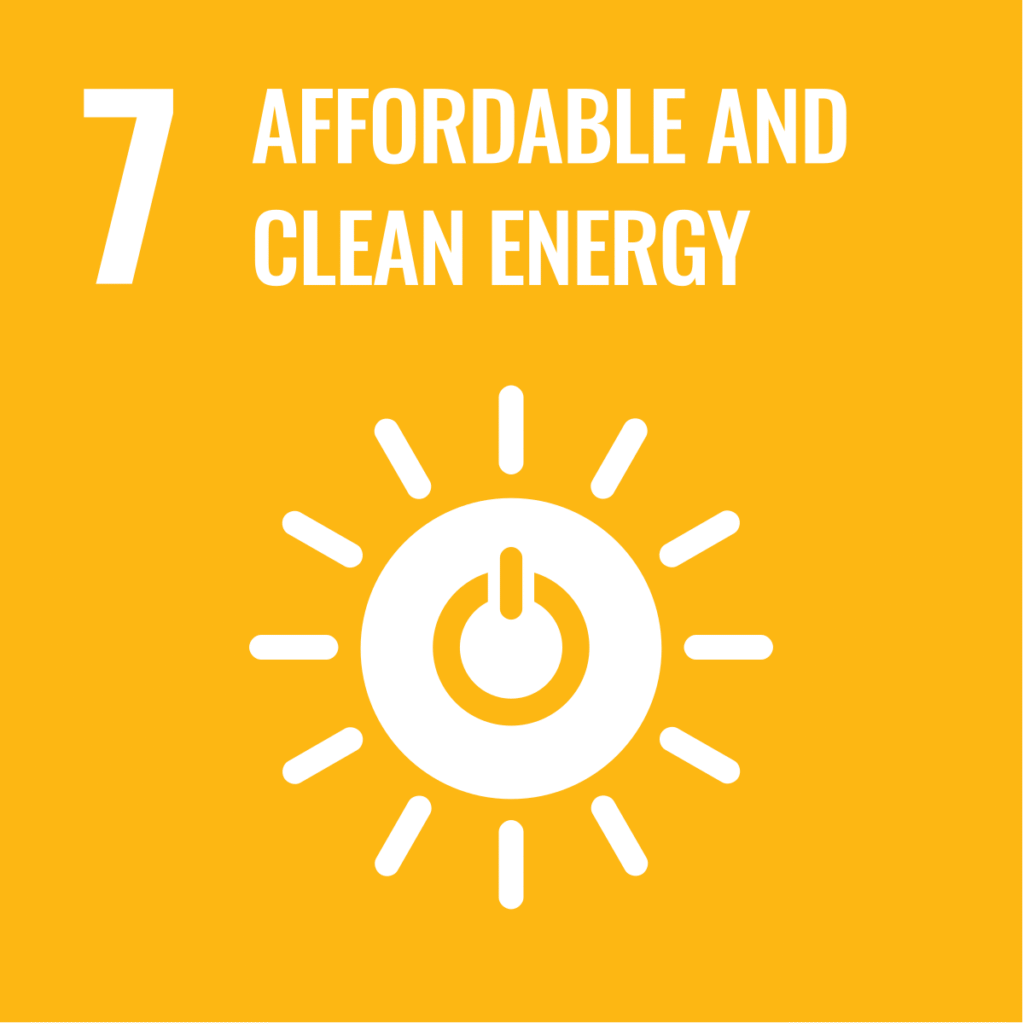
Novel Batteries
Quantum computing solutions to improve the accuracy of the simulation of novel batteries with the objective to accelerate the development of new rechargeable battery technologies with higher energy storage, faster charging, and lower costs.
Owner
Status
Quantum Approach

Phase 0 – Idea

Quantum Machine Learning
SDGs

Impact/context
The need to access reliable, sustainable, and modern energy for all continues to grow globally. Enhancing the performance of batteries can significantly contribute to this challenge by making energy storage more efficient, scalable, and less costly. Better battery technologies are critical for renewable energy systems, such as solar and wind, which require effective storage solutions to manage intermittency and optimise output. By advancing battery performance, one can help facilitate a broader transition to renewable energy sources, thereby reducing reliance on fossil fuels and mitigating the impact of energy production on climate change.
How quantum could help
Quantum computing could provide a more efficient alternative to conventional simulations of simulating electrolyte molecules in Li-ion batteries, dimerisation of lithium superoxide in Li/O2 batteries, Li-sulfur alternatives, for instance. This would enable researchers to probe the behavior of new materials more efficiently. These simulations might offer insights that could enhance battery performance and longevity, aligning with global sustainability goals.
References
PsiQuantum, Mercedes-Benz Research (Quantum Simulation) (USA)
IBM Quantum, Mercedes Benz Research and Development North America (Quantum simulation) (USA)
